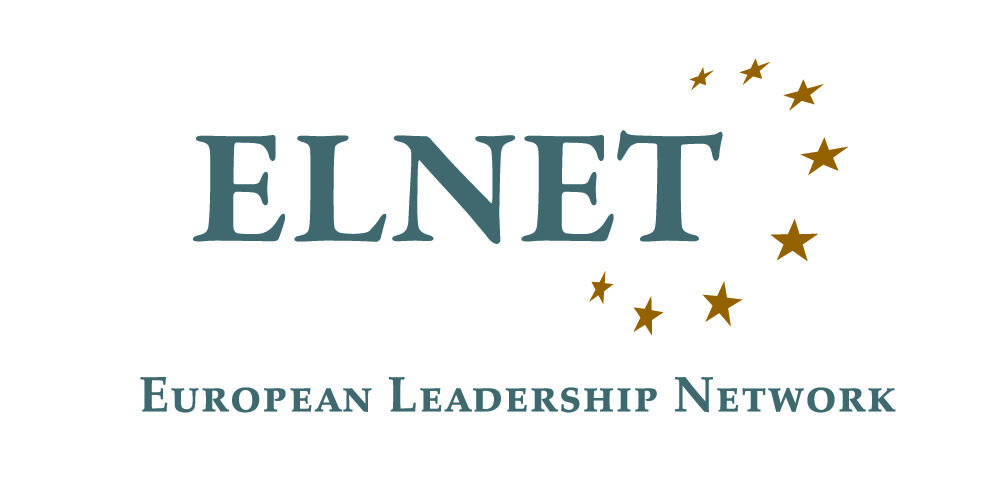The European Leadership Network (ELNET) and ELNET’s Forum of Strategic Dialogue (FSD), together with the European External Action Service (EEAS) , brought together senior policymakers, politicians and experts from the EU and Israel. The dialogue addressed: ‘The Israel-Hamas war, Iran’s unprecedented attack on Israel, and the regional implications’; ‘The Israel-Hamas war and the day after’; and ‘The future of EU-Israel strategic relations. The discussions were conducted strictly under the Chatham House Rule.
The dialogue was chaired by Maj. Gen. (ret.) Amos Yadlin, Chair, ELNET’s Forum of Strategic Dialogue; Participants included former ambassadors of Israel to European countries, senior officials from Israel, EU, and NATO, senior representatives from the ministry of foreign affairs and defense committee, former advisers to Prime Minister’s Office, politicians, as well as former officials, experts, journalists, and civil society representatives from EU and Israel.
The dialogue was preceded by a special dinner on “Rising antisemitism in Europe and how to combat it” with closing keynote speeches by: Katharina von Schnurbein, European Commission Coordinator on Combating Antisemitism (EC), and MK Orit Farkash-Hacohen, Member of Knesset ‘National Unity’ & Former Minister of Science and Technology, Tourism, and Strategic Affairs.

Executive Summary:
The Israel-Hamas War, Iran’s unprecedented attack on Israel, and the regional implications
- The successful defence of Israel against Iran’s direct attack is not only an operational success, but a turning point in defence cooperation between Israel and both Western and Arab partners.
- Whether and how to respond in the face of calls for restraint has been a sharp dilemma for Israeli decision makers.
- The unprecedented regional cooperation against this attack, as well as the increased threat displayed by the Iranian-led axis (especially the Houthis) may increase the motivation of Arab states to advance defence cooperation with Israel.
- Whilst the EU is united in opposition to Iran’s destabilizing role, it has been focussed on regional de-escalation.
- How best to hold Iran accountable for its direct aggression and support for proxies is subject to debate, with questions over the effectiveness of sanctions.
- Events since October 7 signal the need for NATO to consider the Middle East as a linked theatre to the Euro-Atlantic and reinforce the importance of NATO members investing in defence.
- The increasing cooperation and learning between authoritarian actors (China, Russia, Iran and North Korea) represents for some an ‘axis of upheaval’ that must be countered with greater cooperation across regions.

The Israel-Hamas War and the Day After
- Israel has operational achievements against Hamas, but it is unclear how it can both dismantle Hamas and return the hostages.
- In the immediate term, Europeans are deeply concerned with the Gaza humanitarian crisis and the release of the remaining hostages.
- Whilst there is a consensus that Hamas should have no part in Gaza’s future, Israelis are divided on the internationally preferred option of reinstating a reformed Palestinian Authority (RPA).
- EU policy makers emphasise that military means are not enough to defeat Hamas, which requires an alternative vision in the form of a two-state solution.
- The EU sees itself as having a significant role to play in PA reform.
- Many Israelis also call for a regional diplomatic initiative alongside Israel’s military operations; to curb settlements and settler extremism; and to promote an Israeli discourse about political solutions.
- Though Netanyahu personally could be flexible, he cannot move diplomatically with this coalition.
- Hezbollah remains a major threat on Israel’s northern border, despite the significant blows it has taken.
The Future of EU-Israel Strategic Relations
- The strengthening of Russia-Iran cooperation brings the strategic concerns of the EU and Israel closer.
- There is scope for Israel to build on the supply of Arrow 3 to Germany by helping Europe develop a multi-layered air defence system.
- European policy makers urge Israelis to consider more carefully the significance of global opinion.
- There is a shared concern about the disturbing wave of antisemitism following October 7.
- The need for like-minded open societies to work together to combat hate speech and disinformation is augmented by the rapid development of artificial intelligence.

Conclusions and Recommendations
- The EU and Israel should develop Partnership Priorities to guide their enhanced cooperation, including in the fields of: defense and security; climate change; cyber threats; global health; and defense of democracy against radicalism, authoritarianism, populism and violence. The parties should work to overcome the barriers to agreeing Israeli participation in Creative Europe.
- Events since October 7 have underlined connections between the Middle East and Euro-Atlantic theatres and prompt greater cooperation between like-minded states across these regions and the Indo-Pacific to meet threats from linked adversaries: Iran, Russia, China and North Korea.
- The actions of Iran and its allies (including the Houthis in the Red Sea) since October 7 only increases the motivation for Saudis to seek a US defence treaty and Arab states to build a regional defence structure with Israel. The potential therefore remains to make diplomatic progress at the regional level in which commitments to Palestinians will be a component. This is more likely to bear fruit than any attempt to secure agreements directly between Israelis and Palestinians in the current context.
- Given the political constraints of PM Netanyahu, Israeli civil society organisations will play an important role in exploring opportunities for a regional peace initiative and to convey its benefits to the Israeli public.
- There is scope for Israel to build on the supply of Arrow 3 to Germany by helping Europe develop a multi-layered air defence system, building also on the Ukrainian experience.
- There is a need to address rising antisemitism in Europe, including through EU members strengthening legal frameworks, enforcement, monitoring and support for victims, but also through Holocaust education. Innovative strategies to influence opinion through social media should also be supported.

